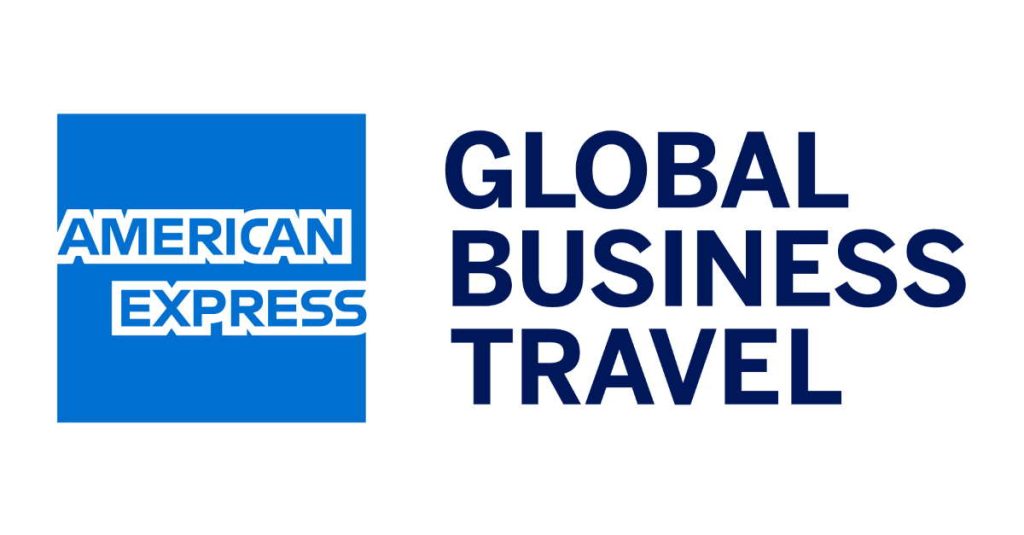The proposed acquisition of CWT by Amex Global Business Travel (GBT) has raised significant competition concerns. An independent inquiry by the Competition and Markets Authority (CMA) suggests a potential reduction in market competition.
The inquiry highlights the merger’s possible impact on market dynamics, triggering closer examination from various regulatory bodies. The provisional findings underline the scale of market influence the merged entity might hold, prompting a wider discussion on regulatory frameworks.
Independent Inquiry Uncovers Key Findings
The Competition and Markets Authority (CMA) has voiced concerns regarding the Amex GBT and CWT merger. Their independent inquiry suggests that such consolidation could considerably lessen competition in the business travel sector.
This investigation is the first under the revised Phase 2 merger review process by the CMA, with findings indicating significant market influence by the potential new entity. The deadline for response is fast approaching, with stakeholders keenly awaiting further developments.
Market Leadership and Competition
The inquiry indicates that the merger would effectively create a market leader, dwarfing competitors significantly.
This dominance means fewer choices for consumers, potentially reducing service quality and increasing costs, according to the CMA.
Evidence from Competitive Analysis
The CMA’s assessment involved data analysis from various sources. These include supply estimates and company documents.
The findings depict a close competition between GBT and CWT, particularly in multinational customer segments, mainly due to their global reach and scale.
In the UK market, the combined entity would become the largest service provider, overshadowing its closest competitor significantly.
Implications for the Business Travel Sector
Despite a rise in video conferencing, business travel remains essential for many companies. This merger could shift the sector’s dynamics significantly.
A substantial business travel sector supports the UK economy, impacting trade, knowledge exchange, and international investment.
The CMA suggests that only a handful of agencies can meet large companies’ needs, making this merger particularly impactful on competition.
Revised Processes and Stakeholder Engagement
The CMA’s revised Phase 2 process aims to enhance timely stakeholder engagement, a move welcomed by industry players.
The new process encourages more open communication, offering earlier involvement opportunities for companies affected by mergers. The CMA’s proactive approach has been effective, facilitating a swifter provisional decision.
Amex GBT’s Response to Provisional Findings
Amex GBT disagrees with the CMA’s interim findings. The company argues that the business travel industry remains competitive and dynamic despite the merger.
Amex GBT’s Chief Legal Officer has asserted that the merger offers benefits to customers and suppliers. The company plans to engage with CMA to address these concerns extensively.
The transaction is still expected to proceed in early 2025 despite these regulatory hurdles.
US Department of Justice’s Review
The US Department of Justice has also launched a review of the proposed merger.
This indicates international concerns regarding the merger’s impact, with a focus on maintaining market competitiveness.
Stakeholder Perspective and Economic Impact
Stakeholders are closely monitoring the situation, given the merger’s potential economic impact.
The outcome of this acquisition has significant implications on global business travel, influencing economic competitiveness and market structure.
Provisional Findings Set the Stage for Further Dialogue
The CMA’s provisional findings have set a platform for deeper discussions among stakeholders.
As the November deadline approaches, these dialogues will shape the merger’s future course substantially.
The CMA’s scrutiny of the Amex GBT and CWT merger underscores the complexities in balancing market dominance with fair competition. This inquiry highlights the need for ongoing stakeholder engagement to address competition concerns effectively.

